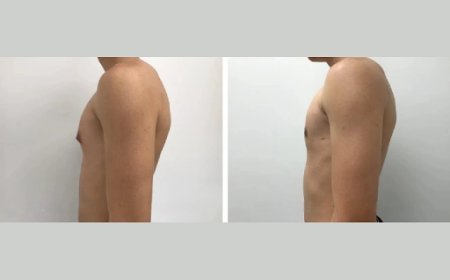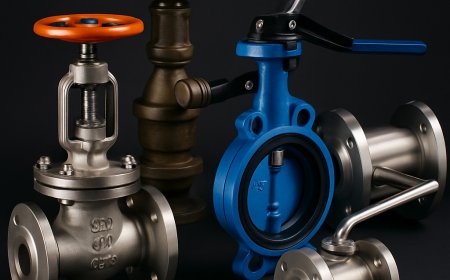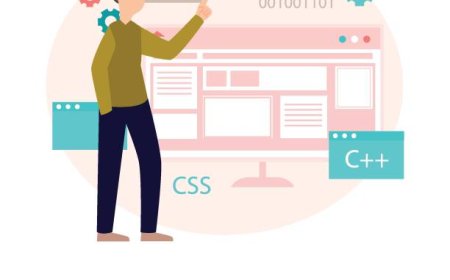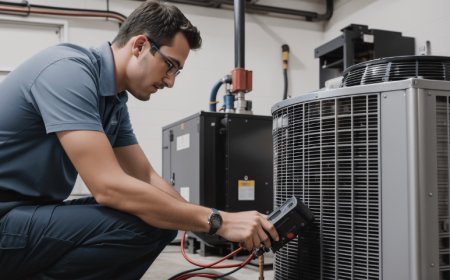Unlocking Opportunities: Maids Visa in the UAE Explained
The United Arab Emirates (UAE) is home to a large expatriate population, and domestic helpcommonly referred to as maids or domestic workersis a significant part of many households. Whether its helping with childcare, housekeeping, or elder care, hiring a maid can be an invaluable support for families balancing work and personal life. However, the process of sponsoring a maid in the UAE involves careful compliance with local laws and regulations. Understanding how the maid visa Dubai works is key to unlocking both opportunity and peace of mind for employers and domestic workers alike.
What is a Maids Visa?
A maids visa, officially categorized as a domestic worker or housemaid visa, is a residency permit that allows individuals or families in the UAE to sponsor foreign domestic helpers. This visa grants the maid legal residence and the right to work in the country under the sponsors supervision.
Typically, maids come from countries like the Philippines, India, Indonesia, Sri Lanka, Nepal, Bangladesh, and Ethiopia. Their employment must be sponsored by a UAE resident who will also take full legal and financial responsibility during their stay.
Who Can Sponsor a Maid in the UAE?
Not everyone is eligible to sponsor a maid. The UAE government has set clear criteria for sponsorship to ensure that employers have the financial means and appropriate living arrangements.
Eligibility Requirements:
-
The sponsor must be a UAE resident, either a national or an expatriate.
-
The sponsor must earn a minimum monthly salary, typically AED 25,000 or more (this can vary slightly depending on the emirate).
-
The sponsor must live in suitable accommodation with a separate room for the maid.
-
In some emirates, only families (not single individuals) are permitted to sponsor a maid.
Additionally, the relationship between the employer and the maid must be formalized through legal documentation and registration with the Ministry of Human Resources and Emiratisation (MOHRE) or other authorized centers like Tadbeer.
Key Steps to Obtain a Maid's Visa
Hiring and sponsoring a maid involves several administrative and legal steps. The process might differ slightly between emirates, but here is a general overview:
1. Select a Source Country and Recruit
Maids can be recruited directly or through licensed agencies. Countries like the Philippines and India require contracts to be attested by their embassies in the UAE. Hiring through Tadbeer centers, which are government-approved agencies, is recommended as they ensure fair practices and transparency.
2. Sign a Standard Employment Contract
An employment contract outlining salary, working hours, duties, leave, and benefits must be signed. This protects both parties and is a mandatory document for visa processing.
3. Apply for the Entry Permit
Once the employment contract is ready, the sponsor must apply for an entry permit (visa) so the maid can enter the UAE if she is abroad. If already in the country, a status change application will be needed instead.
4. Medical Test and Emirates ID
Upon arrival, the maid must undergo a medical fitness test, including blood tests and X-rays. Following a clean result, she can apply for an Emirates ID and complete biometric registration.
5. Visa Stamping
The final step is the stamping of the residency visa on the maids passport. This typically grants residency for one or two years, renewable upon expiration.
Cost of Sponsoring a Maid
Sponsoring a maid involves several expenses, including:
-
Visa application fees: AED 5,0007,000 (approximate)
-
Medical tests and Emirates ID: AED 1,0001,500
-
Annual salary: Varies by nationality and experience (typically AED 1,5003,000/month)
-
Health insurance (mandatory): AED 6001,500/year
-
Accommodation and food: Covered by the sponsor
In addition, a refundable security deposit may be required in some cases by immigration authorities.
Using a Tadbeer center often comes with package deals that include the visa, medical tests, insurance, and even flight arrangements, costing anywhere between AED 10,000 to AED 20,000 depending on the nationality and experience of the worker.
Legal Responsibilities of the Sponsor
Employers in the UAE are required to follow the rules stipulated by Federal Law No. 10 of 2017 concerning domestic workers. Key obligations include:
-
Paying the agreed salary on time.
-
Providing suitable accommodation and meals.
-
Granting at least one day off per week.
-
Offering 30 days of paid annual leave.
-
Paying for medical expenses and health insurance.
-
Paying for repatriation upon termination of the contract.
Failure to comply can result in legal penalties, including fines, bans from future sponsorship, and even criminal charges in severe cases.
Rights of the Domestic Worker
The UAE has taken steps to enhance protections for domestic workers, including:
-
Fixed working hours: A maximum of 12 hours per day with rest breaks.
-
Weekly day off: One full day of rest per week.
-
Access to complaint mechanisms: Workers can file complaints with MOHRE in case of abuse or contract violations.
-
No withholding of passports: Employers are not legally allowed to retain the maids passport.
Terminating a Maid's Visa
If the employer no longer needs the maids services, the visa must be formally cancelled. This includes:
-
Notifying immigration and MOHRE
-
Paying any due salary or end-of-service benefits
-
Arranging and paying for the maids return ticket home
Its essential to go through legal channels to avoid being held responsible for the maid overstaying or being undocumented.
Alternatives: Hiring Through Tadbeer
As of recent reforms, the Tadbeer system has been introduced to standardize and regulate the hiring of domestic workers. These government-approved centers offer transparent packages for hiring maids either full-time or on a live-out/part-time basis.
Benefits of Tadbeer:
-
Legal compliance guaranteed
-
Replacement guarantee in case of mismatch
-
Clear contracts and fair wages
-
Insurance and dispute resolution support
Tadbeer also offers flexible arrangements such as temporary, part-time, or live-out maids, suitable for those who dont need full-time assistance.
Final Thoughts: A Partnership Built on Trust and Respect
Sponsoring a maid in the UAE is more than a legal transactionits a relationship built on trust, respect, and responsibility. When managed ethically and lawfully, it creates a win-win situation: families receive essential support, and domestic workers gain employment opportunities and financial stability.
By understanding the process thoroughly and adhering to the laws, employers can not only unlock the opportunity of a more balanced lifestyle but also contribute to the well-being and dignity of those who help make that possible.
Whether you choose to hire independently or through Tadbeer, always prioritize transparency, respect, and legal compliancebecause every helping hand deserves to be treated with fairness and humanity.




































